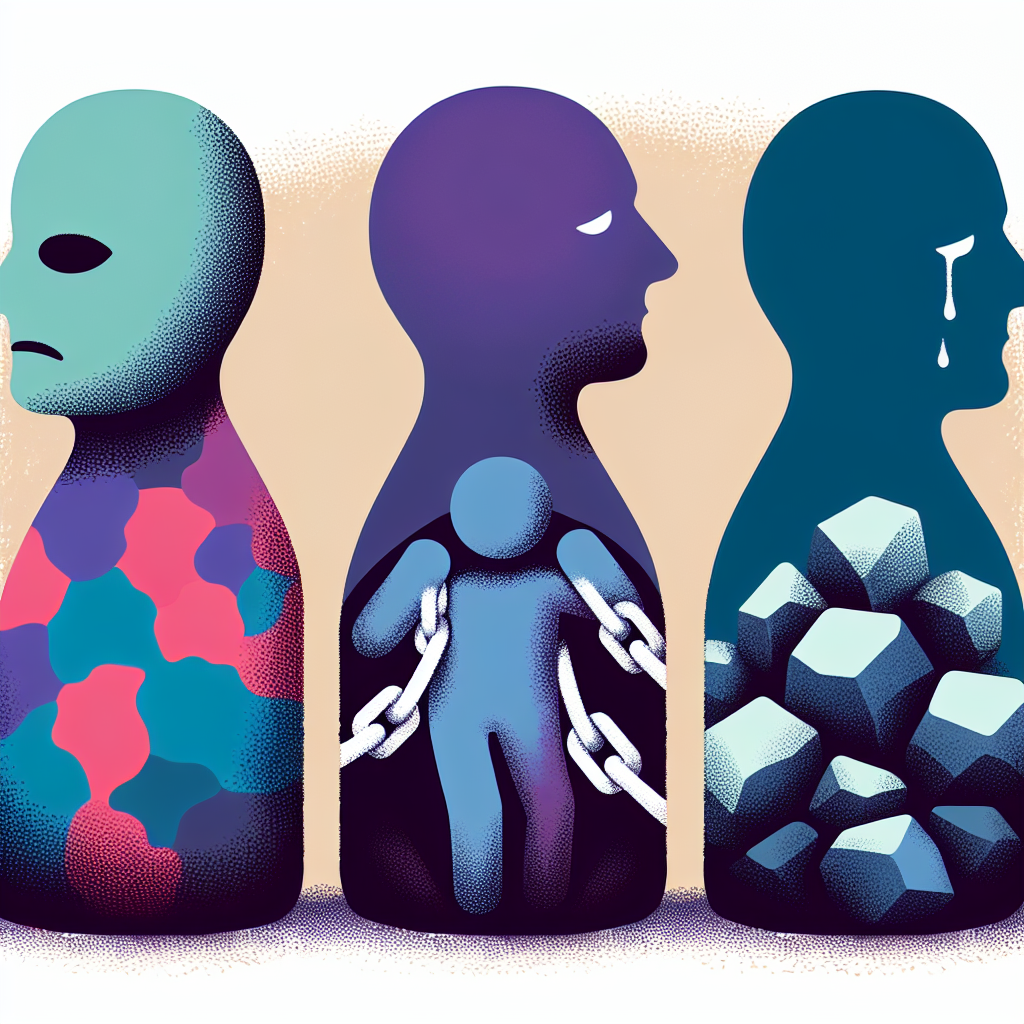Welcome to "Continuous Improvement," the podcast where we explore stories of personal growth and resilience. I'm your host, Victor, and in today's episode, we'll be diving into an incredible journey of perseverance and determination.
But before we get started, I want to remind our listeners to subscribe to our podcast and leave a review if you enjoy the content. Your support is greatly appreciated!
Now, let's jump right into today's story. In 2014, our protagonist received devastating news – their work visa application for Australia had been rejected. This rejection meant leaving behind a job opportunity and saying goodbye to friends in Brisbane. It was a difficult setback, but our protagonist refused to let that define their future.
Returning to Hong Kong, jobless and faced with a diminishing social status, our protagonist realized that they needed to pivot their career. They decided to invest their savings in a coding bootcamp, hoping it would open up opportunities in a field they were passionate about – digital marketing. However, the bootcamp experience ended up being disheartening, with minimal returns and an unpaid internship as the only outcome.
Undeterred, our protagonist faced another crossroads – return to Australia for a master's degree in marketing or enroll in another bootcamp, this time in the U.S. Choosing the latter, they were once again faced with visa denial. But that only fueled their determination to complete the course online, despite the toll it took on their mental health.
Finally, their efforts paid off. After mastering challenging programming concepts, our protagonist received multiple job offers and accepted a position as a full-time software engineer with an Australian consulting firm in Hong Kong. Their journey was far from over, as they encountered difficult personalities and toxic work environments along the way. But they persisted, finding satisfaction in the work they accomplished and forming meaningful connections.
And just when it seemed like the rollercoaster ride might continue indefinitely, our protagonist was approached for a position at a prestigious consulting firm, leading to a significant salary increase. Now, they are working on a fintech project for HSBC bank, marking yet another exciting chapter in their life.
It's a remarkable journey of continuous improvement, taking setbacks and turning them into opportunities for growth. Our protagonist's story reminds us that even in the face of rejection and adversity, it's crucial to stay resilient and keep moving forward.
So, what can we learn from this journey? Join me in the next segment as we explore the key themes and takeaways from this inspiring story of personal growth.
[MID-EPISODE BREAK]
Welcome back to "Continuous Improvement." In today's episode, we've been exploring the incredible journey of our protagonist, who transformed from a rejected visa applicant to a successful software engineer.
Throughout this story, there are several key themes that stand out. First and foremost, the power of resilience. Despite facing rejection and setbacks at every turn, our protagonist never gave up. They continued to pursue their passions and push through difficult circumstances, even when it seemed like the odds were stacked against them.
Another crucial theme in this journey is the importance of continuous learning and self-improvement. Our protagonist invested their savings in coding bootcamps and went to great lengths to master challenging programming concepts. They sought out opportunities for growth, both through formal education and through their own determination to succeed. This commitment to learning not only helped them secure job offers but also allowed them to adapt and thrive in various work environments.
Lastly, this story highlights the significance of having a support system. Our protagonist's mother played a crucial role in their journey, providing financial support and unwavering belief in their potential. It's a reminder that having someone in our corner, believing in us, can make all the difference during challenging times.
As we wrap up today's episode, let's reflect on the lessons we can take away from this remarkable journey. Resilience, continuous learning, and a supportive network – all of these elements are crucial in our own paths of personal growth and improvement.
Remember, setbacks are not the end of the road. They are merely opportunities for us to rise, adapt, and become better versions of ourselves.
Thank you for joining me today on "Continuous Improvement." If you enjoyed this episode, be sure to subscribe and leave a review. And remember, no matter where you are on your journey, keep striving for continuous improvement.
This is Victor, signing off until the next episode.



